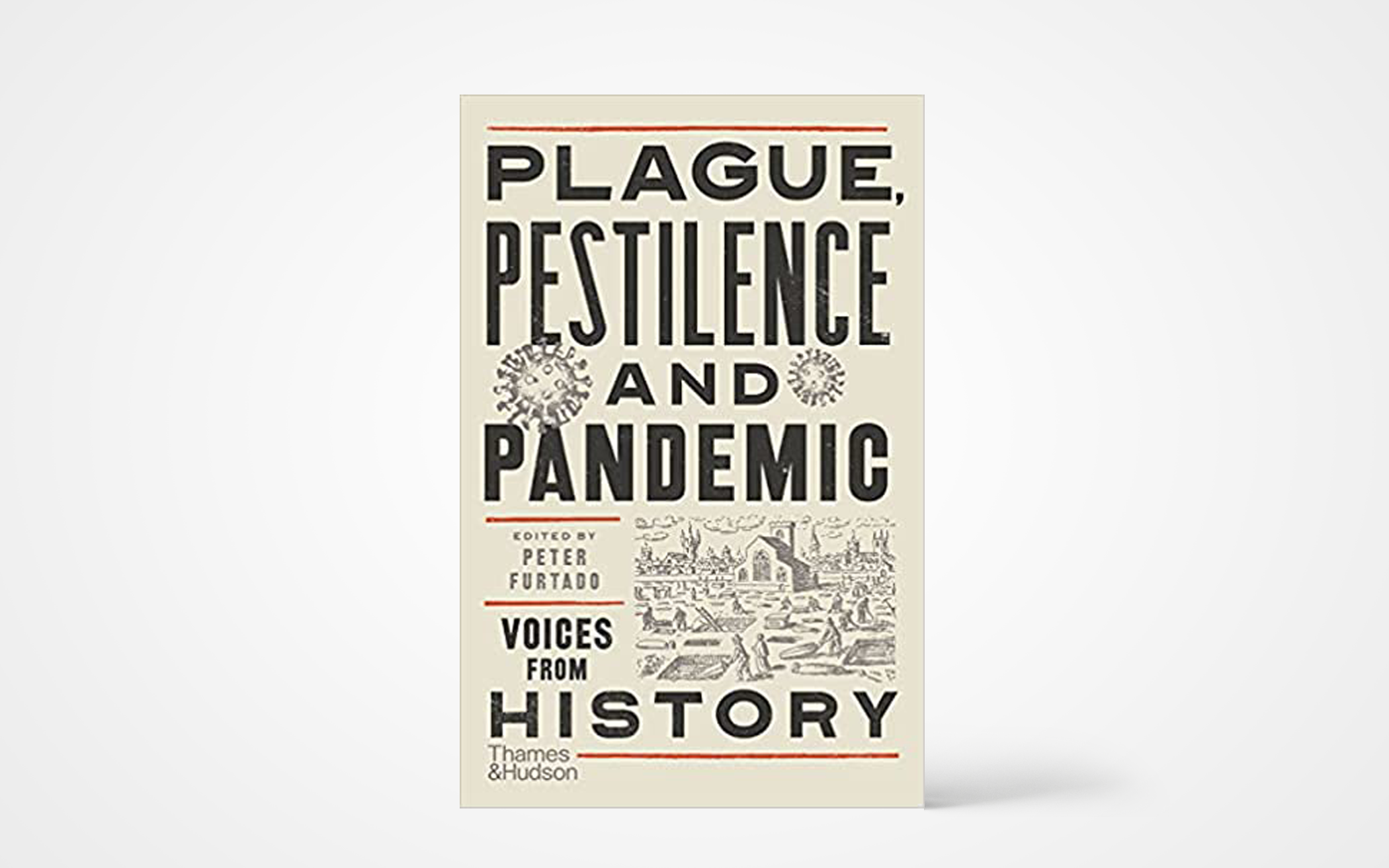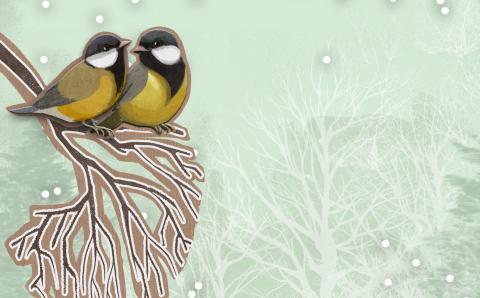The more I study history, the less I fret about the present. With the recent pandemic raising anxieties, it was helpful to read Peter Furtado’s collection of firsthand accounts from the pandemics of the past.
From the Athenian Plague of the ancient world to COVID-19 currently, disease has erupted and disrupted people’s lives throughout recorded history. Furtado has sections on legendary diseases such as the Black Death in the Middle Ages, syphilis and smallpox in the Age of Empire, and polio and the 1918 flu pandemic in the modern era. He also covers lesser-known pandemics, such as the Antonine Plague, the Sweating Sickness, and the Cocoliztli Epidemic. Approaching present times, AIDs, Ebola and the current Coronavirus round out the final chapters. Historians, medics, religious leaders, news reports, and diary entries all tell the stories.
Furtado selected these primary sources to reflect on how disease is “both destroyer and teacher.” His introductions to each disease give a snapshot of the big picture, but Furtado allows readers to draw their own conclusions.
One lesson that is readily apparent is thankfulness for modern advances in medicine. The diseases of the past are nothing short of terrifying. Cholera took its victims within hours. Many patients died before they could receive any treatment. Smallpox brought agonizing sores from head to foot, confining the sick to their beds. Every toss and turn would cause them to scream in pain. History’s diseases are also far more deadly. COVID-19 took a year and a half to kill 4 million of the world’s inhabitants. The 1918 flu pandemic killed 50 million in only a few months during 1918.
The devastation that one disease can do is difficult to imagine. Many plagues would sweep through towns and countrysides like wildfire. Entire households and communities died faster than they could be buried. A writer during the Black Death wonders, “How will posterity believe that there has been a time … without wars or other visible slaughter, not this or that part of the earth, but well-nigh the whole globe, has remained without inhabitants.”
Disease teaches us that for all our technological advances, we human beings are still as sinful as ever. Whether in 2020 or ancient times, pestilence brings out the dark side of human nature.
A list of headlines from the Toronto Evening News shows media thriving on fear and xenophobia in 1892.
Pandemics reveal our prejudices. Syphilis was called the “French disease” in Italy and Germany, the “Italian disease” in France, the “Spanish disease” in Holland, and the “Christian disease” by Turks.
Pandemics trigger resistance to the medical profession. In 1832, residents of Liverpool rioted because they thought hospitalization of the poor was an excuse by the medical profession to acquire bodies for dissection. Ben Franklin observes the polarization of society over vaccination way back in 1771. Dr. Ai Fen, “the Wuhan Whistle,” faced a severe reprimand for attempting to sound the alarm about COVID-19.
Faith is not prominently featured in the selections, but Furtado gives a few glimpses of pandemics bringing forth faith as gold. A certain Cato the priest remained at his parish during the Plague of Justinian, burying the dead and celebrating mass until he himself contracted the disease and died. One selection is of Martin Luther, calling people to care for their neighbors even at the risk of death: “If you won’t serve your neighbor you can be sure that, if Christ lay there, you would let him lie there too.” In Philadelphia, Richard Allen and Absalom Jones of the Free African Society (both clergy) assisted their white neighbors during a breakout of Yellow Fever. While another writer saw “panic spread like electricity from mind to mind,” Allen and Jones said, “We found a freedom to go forth, confiding in him who can preserve in the midst of a burning fiery furnace. … The Lord was plentiful to strengthen us, and removed all fear from us.”
For this reviewer, Furtado’s selections brought perspective on the current pandemic. Instead of anxiety, looking at the past ignited thankfulness and a peace in me that God has brought humanity through far worse. Disease has always been part of the sinful human condition. The sufferings and fearful reactions are nothing new under the sun, but God’s faithfulness always prevails. (Thames & Hudson)








